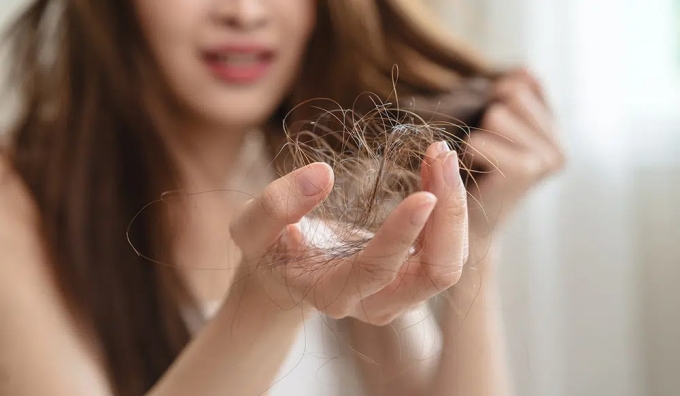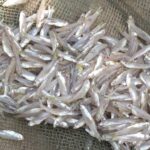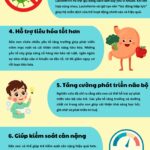
For those striving to shed some pounds, a common yet concerning issue is significant hair loss. One of the primary culprits behind this is nutritional deficiency.
According to Dr. Alan Bauman, a hair transplant specialist and hair loss surgeon in the US, a leading cause of hair loss during weight loss is the lack of essential nutrients required to nourish hair follicles. When the body doesn’t receive adequate energy and vital micronutrients, it prioritizes protecting vital organs like the heart and brain over secondary functions such as hair growth. Consequently, hair enters the “telogen phase” prematurely, resulting in widespread shedding just weeks or months later.
A study published in Dermatology Practical & Conceptual (2021) highlights that deficiencies in protein, iron, zinc, vitamin D, and biotin are key factors associated with “telogen effluvium” – a type of reactive hair loss that commonly occurs after stress or significant physiological changes, such as rapid weight loss.
What Do Nutrition Experts Say?
Jessica Cording, MS, RD, a New York-based dietitian and author of ‘The Little Book of Game-Changers’, states, “Severely restricting calories, especially when it comes to drastically eliminating fat or carbohydrate groups, can significantly damage hair structure.” She emphasizes that in addition to calories, our bodies require healthy fats like omega-3, B-complex vitamins, and high-quality protein to synthesize keratin, the primary component of hair.
In reality, hair is a non-essential structure for survival. Thus, when calories are severely restricted, the body automatically redirects nutrients away from hair to protect other vital organs.
Nutrition Isn’t the Only Culprit for Post-Diet Hair Loss
Aside from nutrition, stress is another hazardous factor that can lead to increased hair loss during weight loss. Strict dieting, constant worry about weight and body image, or inadequate sleep can disrupt hormones like cortisol, the stress hormone, affecting the hair growth cycle.
Additionally, the use of unregulated weight loss pills or dietary supplements containing stimulants can cause metabolic and hormonal imbalances, resulting in weak, brittle, and shedding hair.

Safe and sustainable weight loss is the key to safeguarding your overall health and the health of your hair.
How to Lose Weight Without Losing Your Hair
Safe and sustainable weight loss is the key to protecting your overall health, including your hair. According to nutrition experts, aim for a loss of 0.5-1 kg per week, combining a healthy diet with moderate exercise. Losing weight faster than this rate may shock your body and increase the risk of hair loss.
Pay close attention to nutritional balance in your daily meals. An ideal meal should include sufficient protein from lean meats, fish, eggs, and tofu; unsaturated fats from olive oil, walnuts, and fatty fish; and green vegetables and fruits rich in vitamins C, E, and zinc. If necessary, consider adding supplements like biotin, iron, vitamin D, and omega-3 after consulting with your doctor.
External hair care is equally important. Dr. Doris Day, a New York-based dermatologist, recommends using gentle shampoos and avoiding high heat and harsh chemicals during this vulnerable period. Regular scalp massages can improve blood circulation and stimulate hair follicle growth.
If hair loss persists beyond 3-6 months after adjusting your diet, consult an endocrinologist or dermatologist to rule out underlying conditions like anemia, thyroid disorders, or polycystic ovary syndrome (PCOS) – issues that may have been masked by your sole focus on weight loss.
While weight loss is a commendable goal for many on their journey to better health and appearance, approaching it unscientifically may compromise the health of your hair – an essential aspect of your overall look.
The Miracle of Colostrum: 10 Ways It Boosts Newborn Health and Brain Development
“Immunoglobulin G, or IgG, is a powerhouse protein found in colostrum, the first milk produced by mothers after giving birth. This incredible antibody plays a vital role in protecting newborns from infections and diseases. Imagine it as a shield, safeguarding the precious life that has just entered our world. By providing this natural defense mechanism, IgG ensures that babies have a stronger start and a healthier future ahead.”
“The Ultimate Summer Treat: A Fruit That Climbs Over Fence, Nature’s Ultimate Superfood”
This humble fruit is a summer favorite and a versatile ingredient. Beyond its refreshing taste, it can be stir-fried, simmered into a soup, or blended into a cooling drink. Its health benefits are numerous, making it a popular choice for those seeking a nutritious and delicious treat during the warmer months.





































